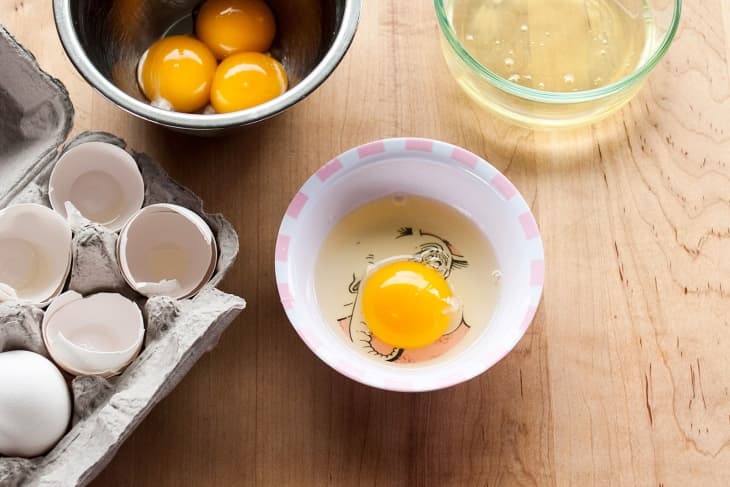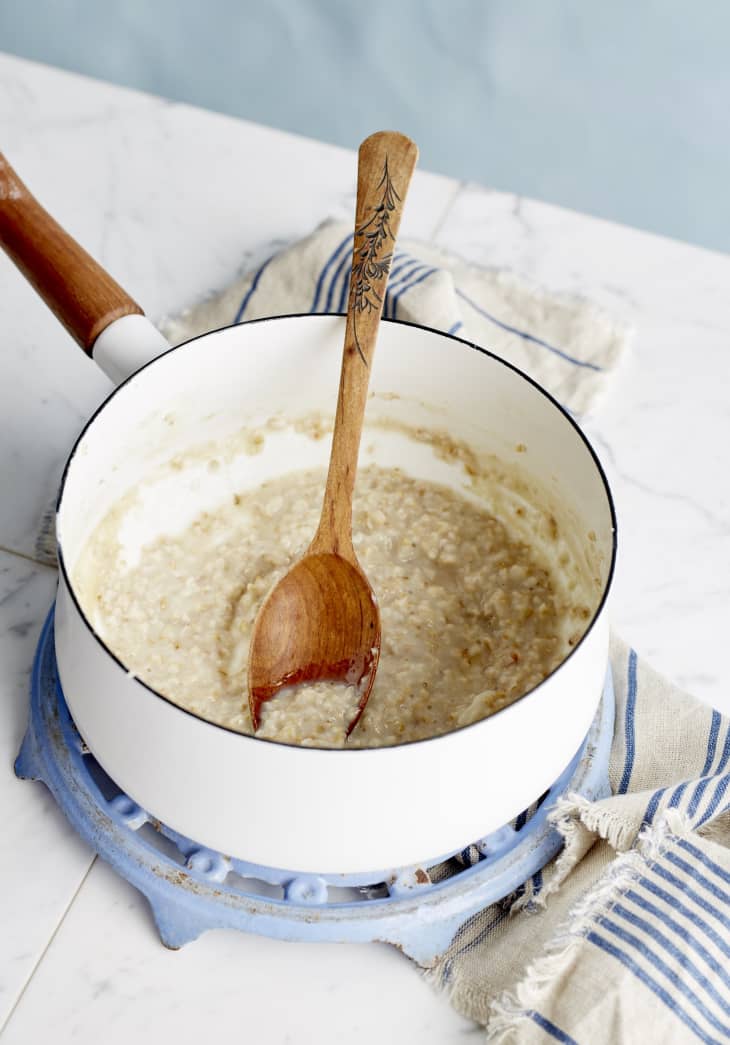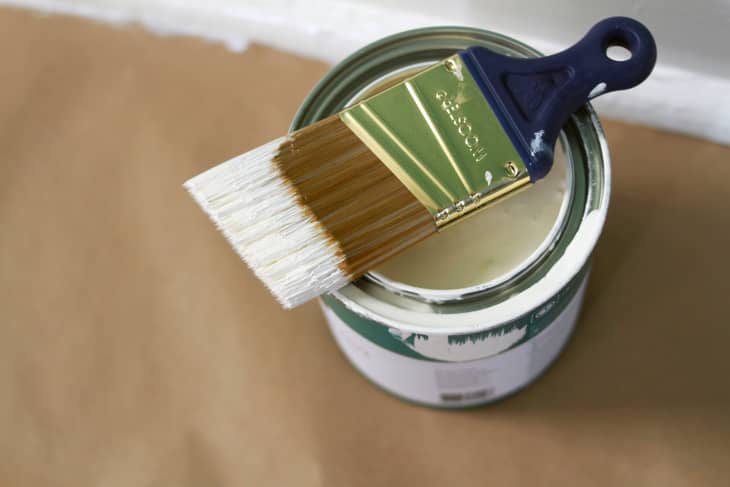9 Things That Can Ruin Your Garbage Disposal, According to Plumbers
By Brigitt Earley

If you’re lucky enough to have a garbage disposal, you know how much easier it makes dinner prep and post-mealtime cleanup. But before you toss everything down the drain and turn on the switch, you should know about a few things that can wreak havoc on the handy appliance.
“While garbage disposals are an everyday convenience for people to quickly and easily dispose of food waste, many homeowners abuse their drains by tossing in several household items that are damaging, like grease and celery stalks, which leads to unwanted buildup in your home’s drain lines,” says Doyle James, president of Mr. Rooter Plumbing, a Neighborly company. These mistakes aren’t just small ones, either—they can potentially affect your home’s entire plumbing system, making repairs extremely costly, says James. Highboy LA House Tour
So you don’t make this mistake, we asked plumbers to share the biggest offenders—and why they’re so harmful.
Bones
Some things are just too hard for the disposal blades to handle, says James. And it should come as no surprise that this includes things like turkey or chicken bones. These items not only dull blades, but can spin and spin without ever getting broken down, eventually getting stuck in your system.
Fruit pits
The same goes for large fruit pits. While a few citrus seeds are no problem, don’t expect your disposal to handle bulkier ones from fruit like plums or peaches.
Eggshells
“There’s a longstanding rumor that egg shells are good for disposals because they sharpen the blades,” says James. “But this rumor is false.” In reality, the membrane layers of egg shells can wrap around the shredder ring, potentially damaging the disposal, not to mention the sand-like consistency of egg shells can cause pipes to clog.
Fibrous foods
James says these types of food are some of the biggest offenders, since they seem innocent enough. But even though fibrous foods—like celery, corn husks, carrots, onion skins, potato peels, asparagus, and artichokes—seem soft, they tend to wrap around the disposal blades, potentially damaging the motor.
Oatmeal, rice and other absorbent foods
Starchy foods like pasta, rice, and even oatmeal can expand in your pipes and contribute to clogs, says Mark Dawson, chief operating officer at Benjamin Franklin Plumbing. They also wreak havoc on the blades of your disposal, since they can develop into a paste that slows down the blades, he explains.
Coffee grounds
While not a problem for the garbage disposal itself, coffee grounds may accumulate inside the pipe and lead to clogging. Toss these in the trash—or better yet, use them to fertilize garden beds.
Make your business an LLC
Structuring your business as an LLC can bring important advantages: It lets you limit your personal liability for business debts and simplify your taxes. With NOLO, you’ll find the key legal forms you need to create a single-member or multi-member LLC in your state, including:
- LLC articles of organization
- operating agreement for member-managed LLC
- operating agreement for manager-managed LLC
- LLC reservation of name letter, and
- minutes of meeting form.
Form Your Own Limited Liability Company has easy-to-understand instructions, including how to create an operating agreement that covers how profits and losses are divided and major business decisions are made. You’ll also learn how to choose a unique LLC name that meets state legal requirements and how to take care of ongoing legal and tax paperwork.
Large amounts of fat, oil, or grease
Never pour frying oil, excess bacon grease, or other fats into the garbage disposal. These can solidify and accumulate, potentially coating blades, clogging your drain, and causing and odors, says Dawson. Instead, use a jar to collect them, then dispose of them in the trash once cool and solidified.
Paint
Paint—both water-based and latex—is not only bad for the environment, but it can also cause buildup over time, says Dawson. While a quick rinse of your paint brush isn’t likely to harm your plumbing system, never pour any paint directly down the drain. Instead, you can dispose of unused paint by letting it harden before tossing it in the trash.
Other non-food items
As a general rule of thumb, never put anything you wouldn’t eat down the drain, says Dawson. This includes twist ties, rubber bands, string, cigarette butts, bottle caps, and plant clippings. These items don’t break down in the disposal, which ultimately leads to clogs farther down in your system, he explains.
Did you enjoy this article?
This is an example of what is included on our FREE weekly newsletter, Landlord Weekly.
Subscribers get access to our free forms, email templates, and guides! As well as…
▪️Landlord Tips ▪️ Early Access to Our Blogs ▪️ Landlord Specific Articles by Other Industry Pro’s ▪️ Podcast Links
To check out a sample of our newsletter, click one of the links below👇
Related Posts
Avoiding Low-Income Discrimination and Steering in Housing: A Professional Guide
By Kathelene Williams As affordable housing remains a challenge across the U.S., fair housing…
April 22, 2025How to Rent Out Your House: 12 Steps to Success
By Ryan Squires The question of how to rent out your house might arise due…
April 22, 2025







